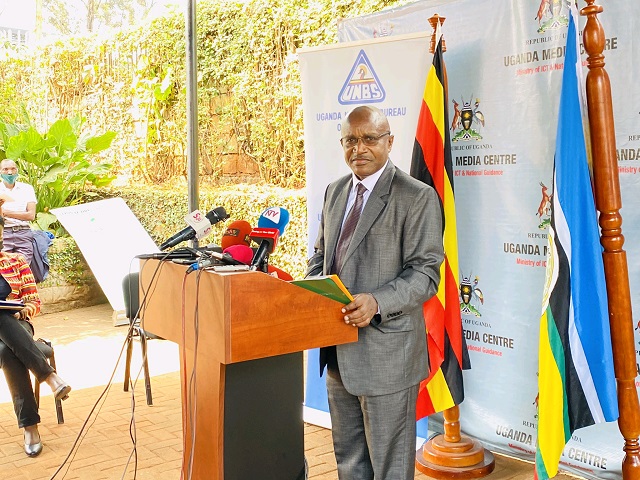
Kampala, Uganda | THE INDEPENDENT | The advertisement and promotion of drinks with claims of health benefits has been stopped unless approved by the National Drug Authority (NDA), Uganda National Bureau of Standards (UNBS) and Uganda Communications Commission (UCC).
Many non-carbonated soft drinks have increasingly been marketed as health drinks, energy boosters and currants of several diseases through television, radio and on social media.
The agencies say these advertisements which exaggerate the therapeutic capability of the drinks being advertised are not only misleading to the public but actually putting lives at risk. For any such drink to be advertised or marketed as so, it must have approval from UNBS which certifies that it is safe for human consumption and NDA must prove that it has therapeutic benefits as claimed.
The UCC, as the regulator of the electronic media will then give it a go-ahead. NDA regularly publishes health-related items for promotional purposes and the latest update of the list was made on February 4th, 2020. It features more than 590 items including herbal medicines and health drinks as well as conventional medical products and materials, both imported and locally manufactured.
Moreover, some of them especially the visual content on TV and social media portray inappropriate content. Section 33 (1)(c) of the National Drug Policy and Authority Act, Cap 206 prohibits the advertisement and publication of information aimed to promote the use of a drug for the prevention or treatment of any disease or relating to enhancing human potency.
In addition, Section 5 (1) to (5) in the Food and Drugs Act, Cap 278 prohibits the false labeling or advertisement of food or drugs. Some of the drinks manufacturers claim that the products are herbal yet they add conventionally medical substances like viagra which is dangerous if the content mix is not tested by competent labs.
The authorities are also concerned about the content in some adverts which is considered inappropriate. NDA secretary David Nahamya says some companies have been banned from production and the public warned against taking the products of Embaluka and Mega Power which were found unsafe to human health. But he says others have since complied after being engaged and sanctioned.
Media houses especially in the rural areas get a bigger part of their revenues from adverts of manufacturers of herbal medicines and traditional healers. However, UCC says all media houses must abide by the rules because the effect of violating standards can even affect the export market.
UCC says it has found it difficult to sanction media houses because they say the products that are brought for advertising bear the UNBS quality mark and to them, this is enough that the product is safe. However, Irene Kaggwa, the UCC managing director says that it will now no longer be an excuse.
Every media house must confirm that both the NDA and the UNBS have cleared the item for promotion, or else the radio, TV or other electronic platform will be penalized.
UNBS says that they have equipped the labs with the capacity to test the contents of drinks and foods, but that the mandate on the curative products is with the NDA. UNBS acting Chief Executive Officer David Livingstone Ebiru says UNBS only certifies that what is on the label matches what is in the content, and that it has no bad health effects when consumed.
*****
URN
 The Independent Uganda: You get the Truth we Pay the Price
The Independent Uganda: You get the Truth we Pay the Price



